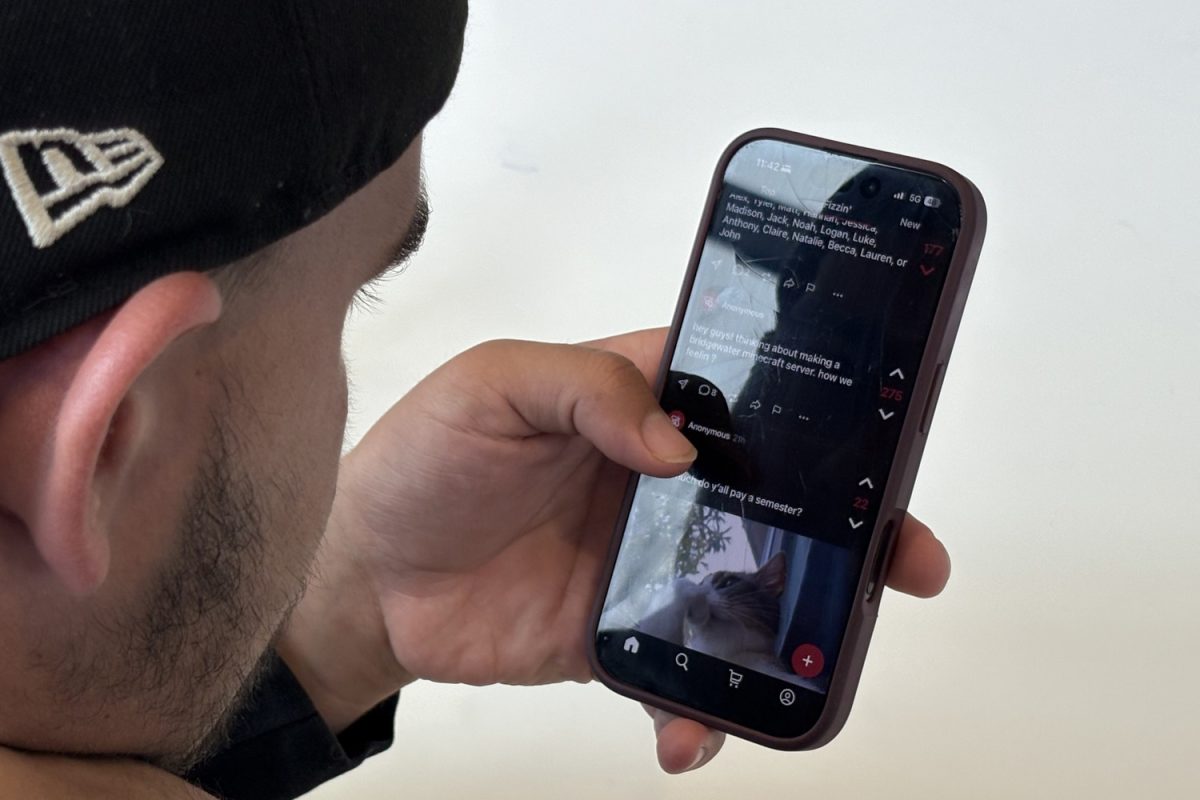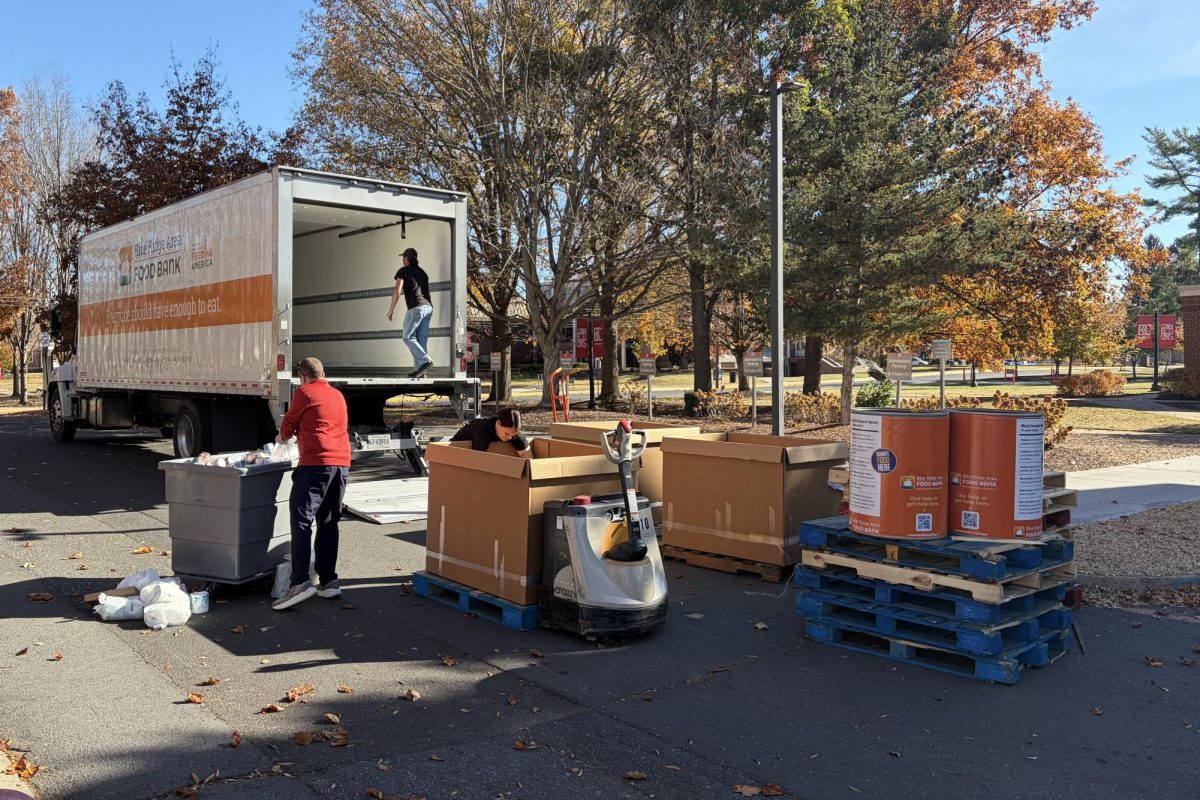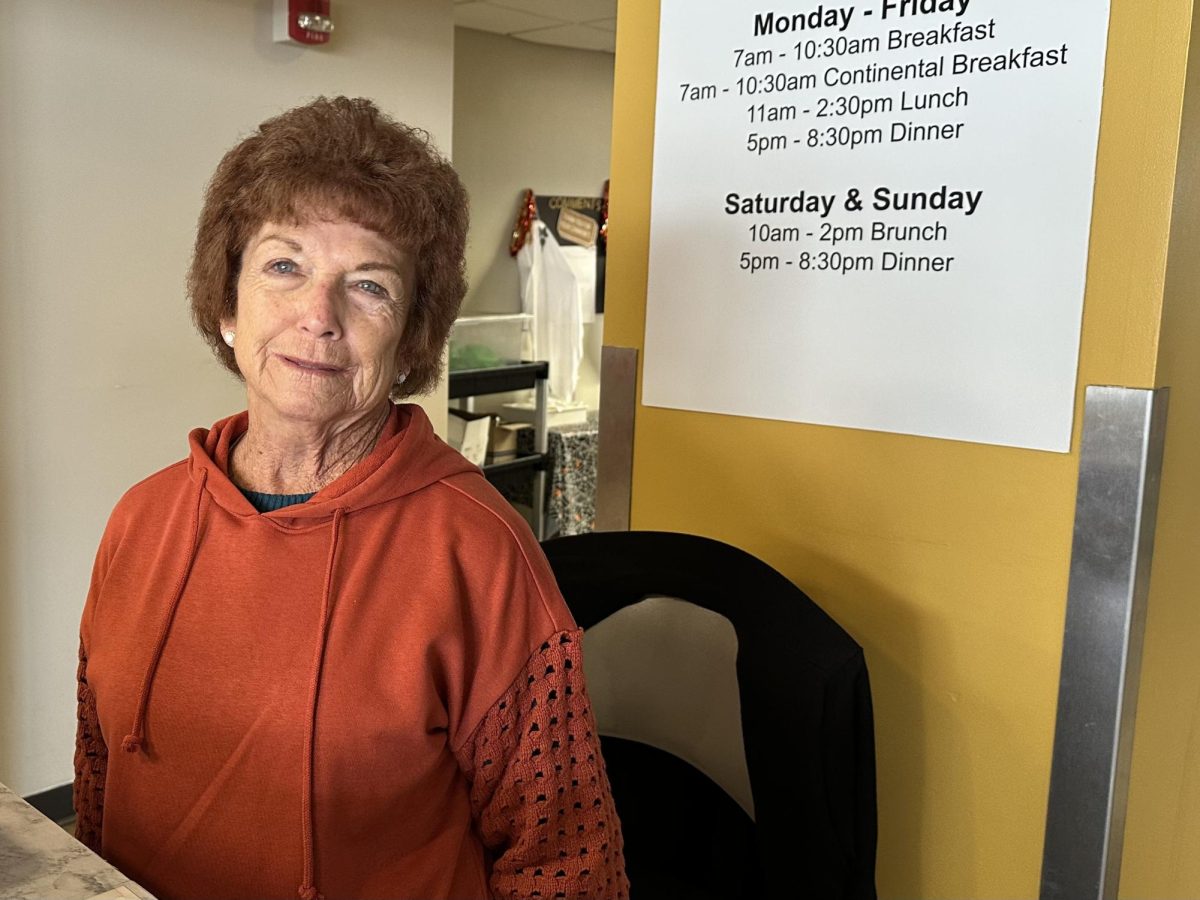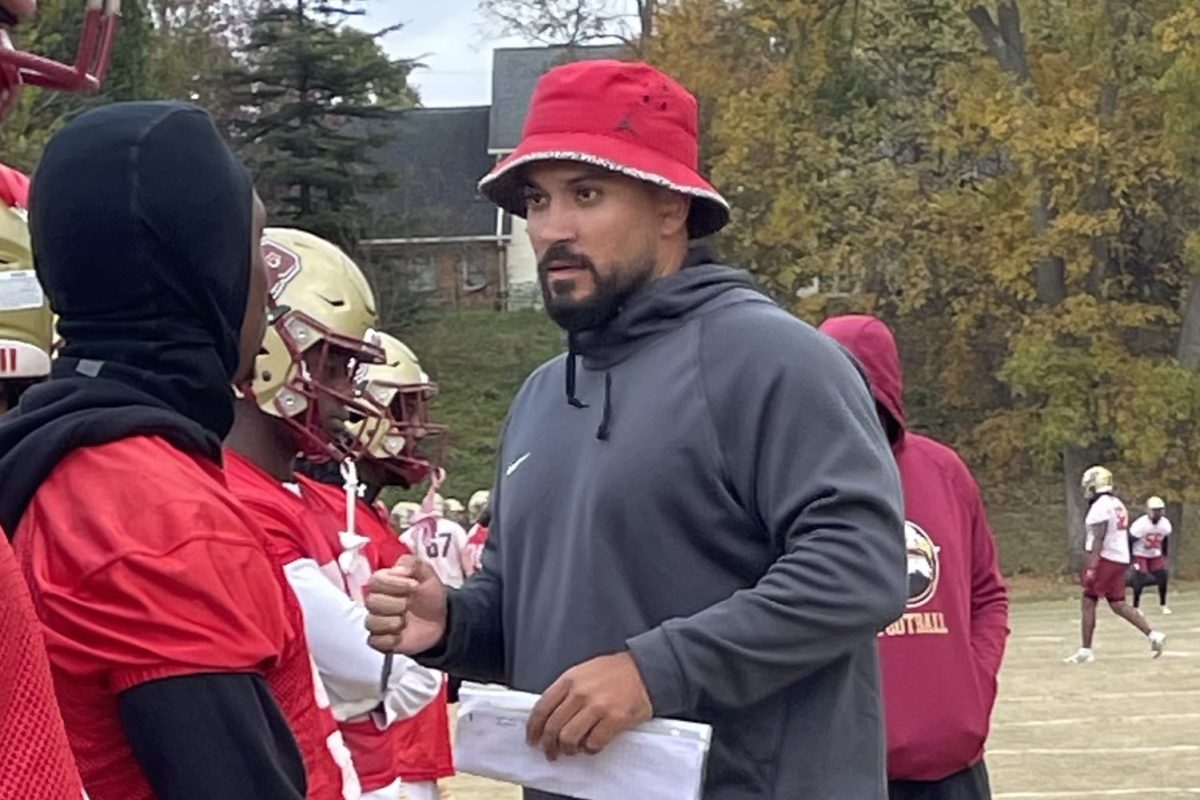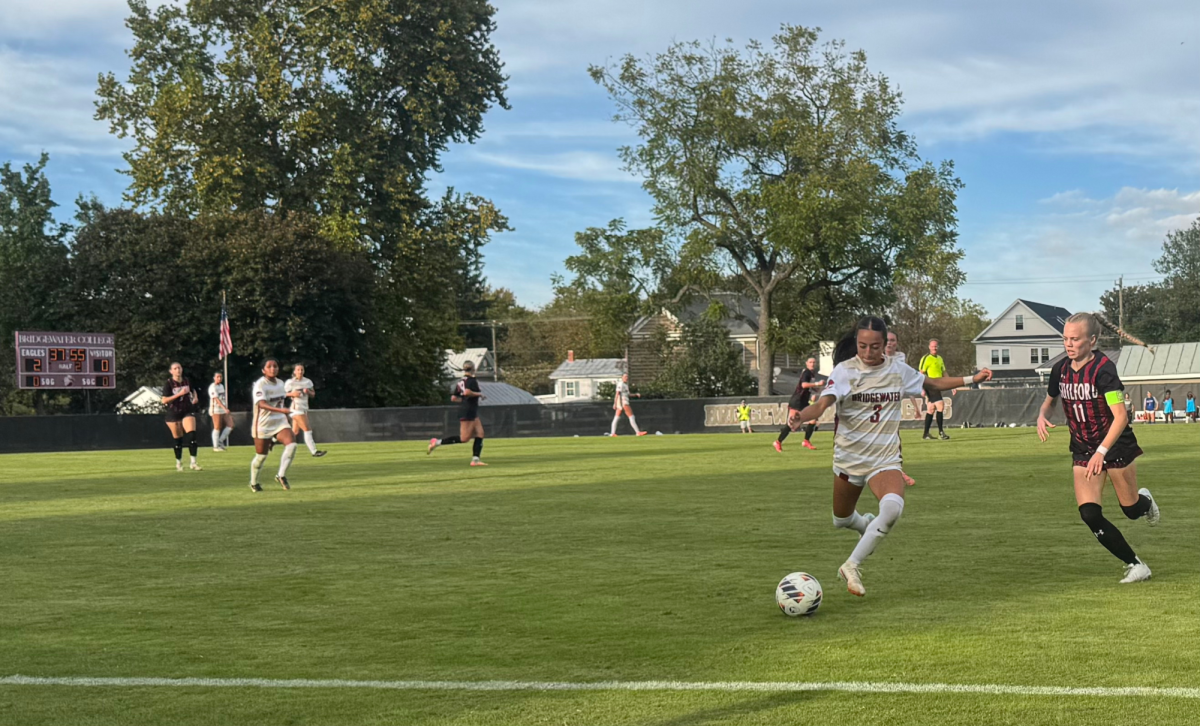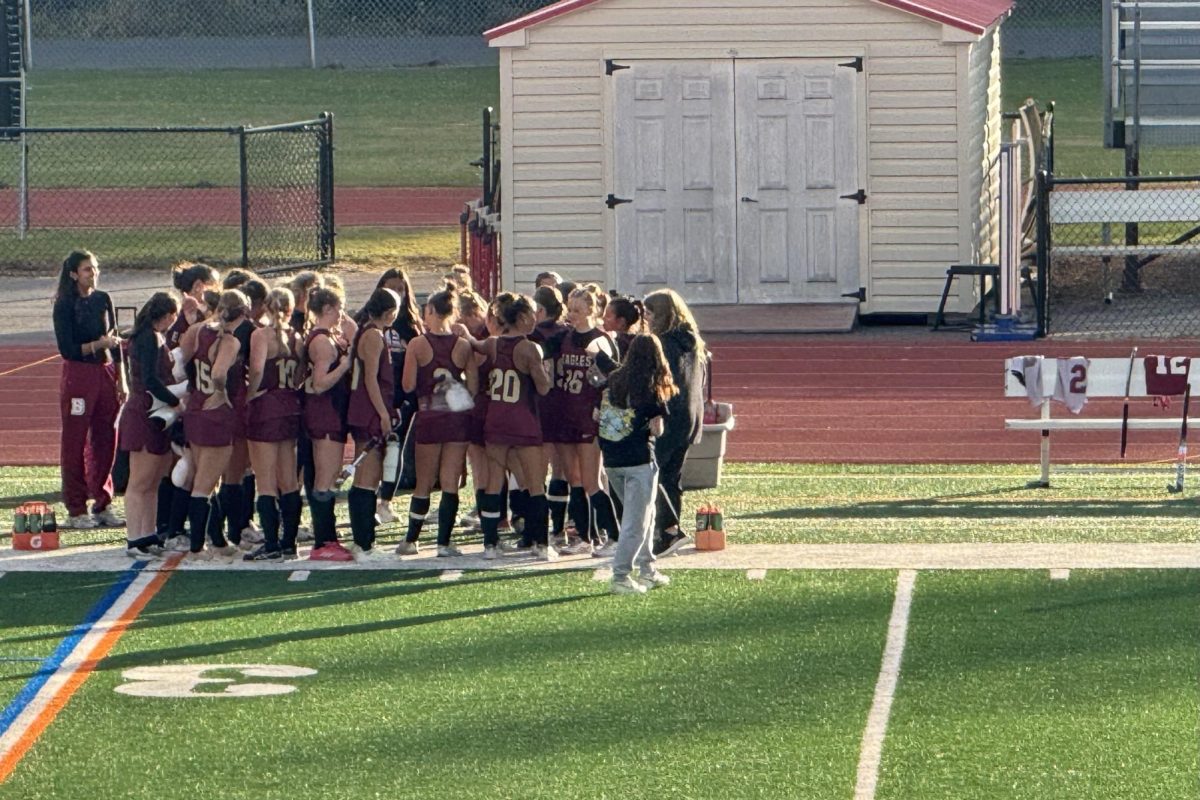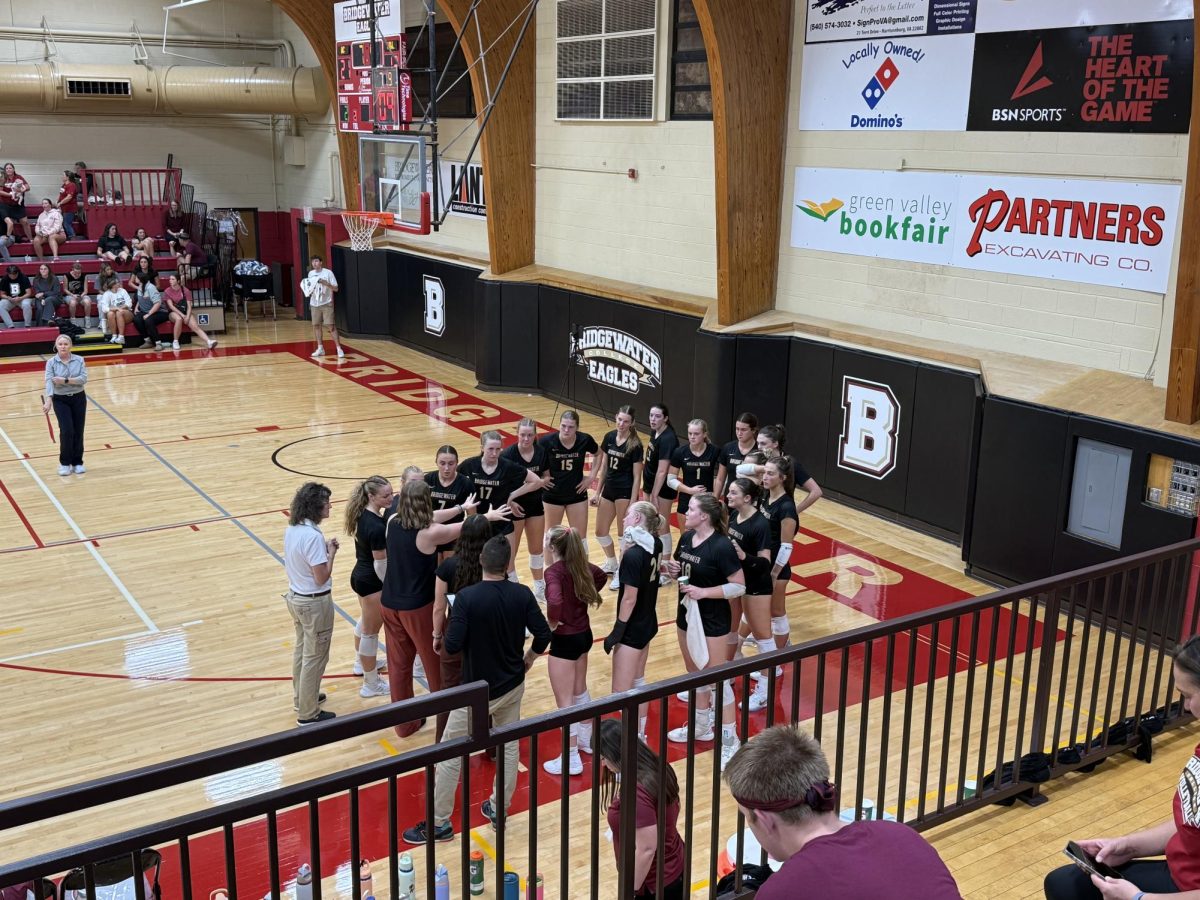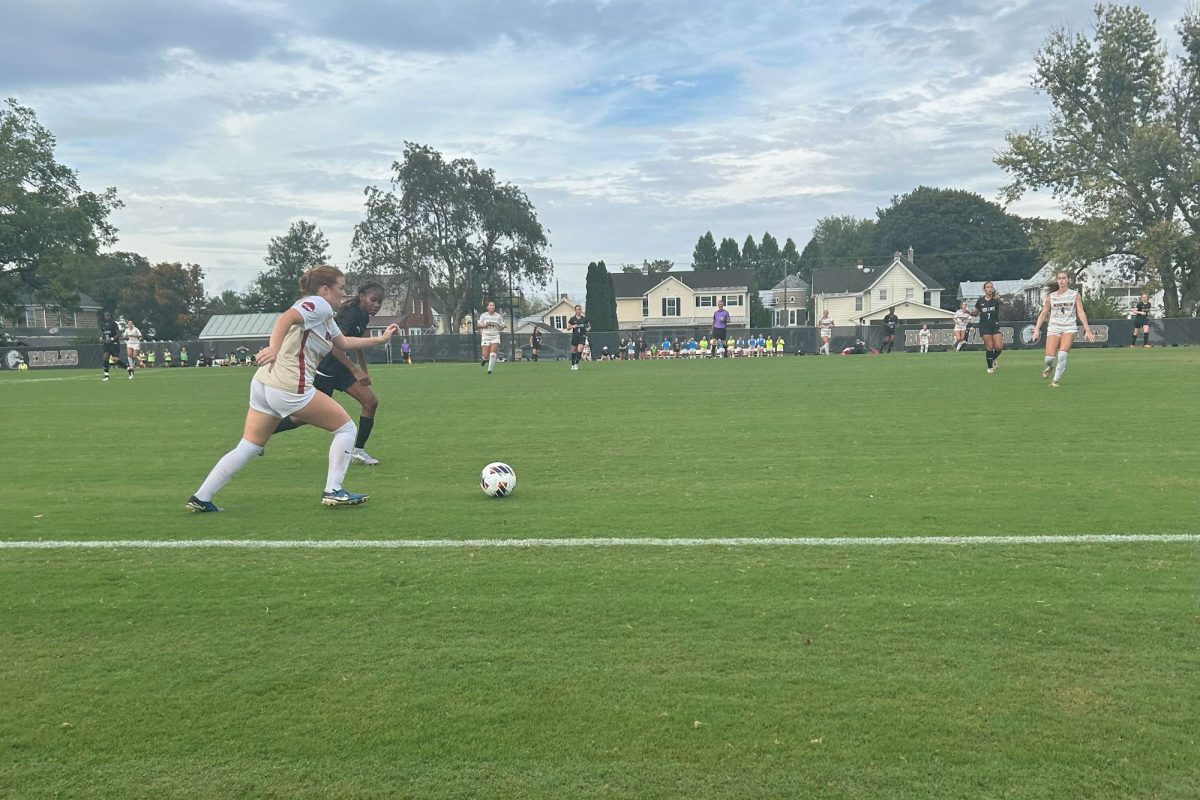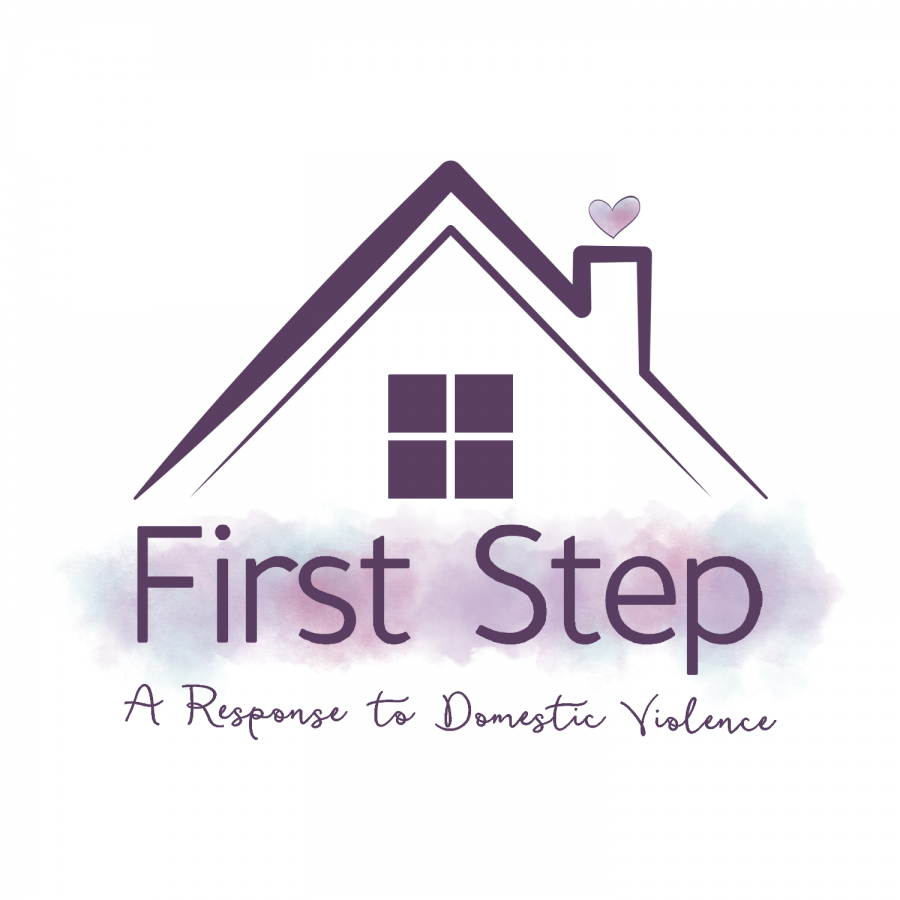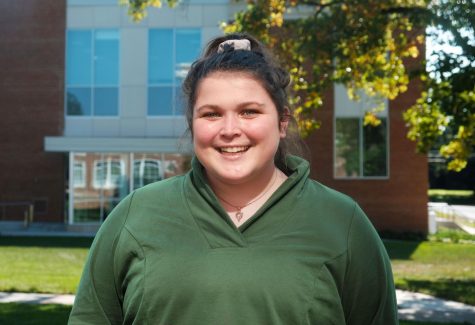Adjusting to COVID-19, First Step Still Raising Awareness about Domestic Abuse
October is Domestic Violence Awareness Month
The new First Step logo, created by Community Engagement Coordinator Gabby Redcross. The release of this logo was a part of their mass social media presence for October (Domestic Violence Awareness Month) and illustrates what this non-profit organization means to the community.
October 23, 2020
Harrisonburg, Va. – During the COVID-19 pandemic, non-profit organizations, such as First Step, have taken a heavy hit in regards to fundraising and ordinary functions.
First Step conducted alterations to their program due to the pandemic to still spread awareness for Domestic Violence Awareness Month in October.
Director of Philanthropy Manuela Vazquez explained First Step’s immediate response to this global crisis as well as the impact of quarantine and social distancing on domestic violence.
“In March, at the beginning of the pandemic, our Executive Director, Candy Phillips, and I actually moved into First Step. We lived there for six weeks while all the rest of the staff was sent home,” said Vazquez. “It was definitely different.”
While living at First Step, Vazquez and Phillips made modifications to enforce social distancing guidelines.
“We created a modified, hybrid schedule. Staff is sometimes in the office and sometimes working remotely,” said Vazquez. “We have had to modify the ways in which we communicate. There has been additional communication measures for staff to know everything that is going on, so that we are still operating 24 hours a day seven days a week.”
Vazquez also revealed that specific procedures have been implemented physically with their shelter and locations to accommodate social distancing.
“We have decreased the number of individuals that can stay at the physical shelter, allowing us to properly social distance. There are not as many different families being exposed or possibly contracting any type of sickness or illness. We house clients at undisclosed locations, which also helps social distancing measures. We have a cleaning protocol as well, to make sure that everyone is staying safe and that everything is sanitary,” said Vazquez.
Experts say that there has been a spike in domestic violence-related issues due to quarantine and social isolation compared to previous years.
“The pandemic in which we are currently living in, we have not seen anything like this in our lifetimes,” said Vazquez. “The financial piece adds a stressor. The health piece is also an additional stressor. You have all of these different stressors and the fact that you cannot leave your home to retreat to a safe place if you are experiencing abuse in your house, [all of which] is very difficult.”
The pandemic and economic crisis have taken a toll on fundraising and donations, which is a pivotal component in the success of First Step and non-profit organizations all across the country.
“[The pandemic] has definitely affected our funding. With that, we have to raise more money and apply our additional funding in order to pay for all of the changes,” said Vazquez.
One of the major changes that require an increase in funding is the increase of transferring survivors and their families to a variety of undisclosed locations.
Community Engagement Coordinator Gabby Redcross reveals that the public can aid in funding and support for First Step.
“We are going to relaunch our newsletter through email. For people who are interested in First Step and want to support, we have a sign-up on our website that people can sign up for the newsletter,” said Redcross.

